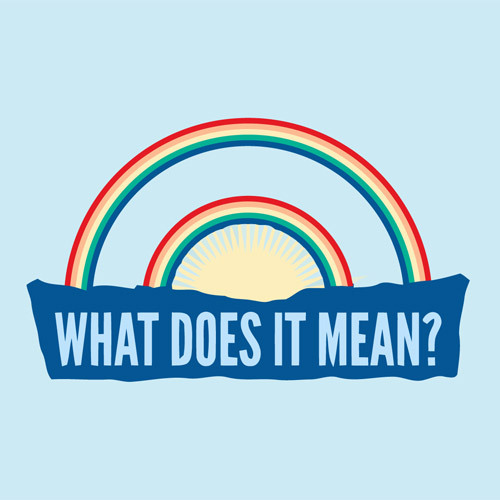The plot is without a doubt the most important part of your story. If you've got great characters and a cool setting, but nothing happens, you don't actually have a story. Whether you are a planner or a pantser there are some basic things you need to know about your story before you start writing. So let's go over the key elements of plot for those of you who are new to writing, and for those of you who are experts, at least check out my cool diagram. I made it myself!
In chronological order we have:
- Exposition
- Inciting Incident
- Rising Action
- Climax
- Falling Action
- Resolution
Simple enough right? Lets learn what these do.
- Exposition
- The exposition is the set up. This gives us an idea of what things are like before the story starts. This usually comes before the inciting incident, but not always.
- Inciting Incident
- This is the incident or event that starts things in motion. After the inciting incident things can never be the same for the characters. a popular example happens in The Hunger Games when Prim is chosen things can never again be the same for Katniss and she is forced into action.
- Rising Action
- These are the events that increase the stakes for the characters. This can be done in several ways.
- One way is the Good News, Bad News Method. For example: Girl meets the guy of her dreams (good news), but he's married (bad news), but he and his wife have been estranged for then years (good news), but he can't find her to sign the divorce papers (bad news). This does not have to be a strict back and forth like a tennis match. You can have multiple bad (or good) things happen in a row.
- Another method is the Power Shift Method. This technique shifts power into and out of the characters hands. A really great example of this is Cinderella. She hears about a ball but is told she wont be invited. Then we learn that all women in the kingdom are invited (Cinderella has the power). The stepmother tells her she has to clean the house first (Stepmother has the power). Cinderella cleans the house but doesn't have time to make a dress, POOF!, Fair Godmother shows up (Cinderella has the power). You know the rest of the story and I'm sure you can figure out the rest.
- Another method is the Up a Tree Rock throwing Method. I first heard of this from NAME. You (metaphorically) put your character up a tree and every time they make progress on getting down you throw rocks at them.
- Climax
- This is moment of crisis. At the climax things have reached their absolute worst and we have a turning point. The hero either pulls it all together and saves the day or the hero fails spectacularly.
- Falling Action
- This is where you tie up any loose ends or explain the fall out that resulted from the climax.
- Resolution
- The resolution is the end of the story and we either have a comedy or a tragedy. Either things work out for the hero and the world (or the hero's life) is better off than where they started (comedy), or everything goes to hell, sometimes literally, and the world is worse off than when things began (tragedy). The most important part of the resolution is that things are different from where they were. Remember, after the inciting incident things can never go back.
And that's plot in a nut shell. If you have any questions or need things clarified drop me a line.



